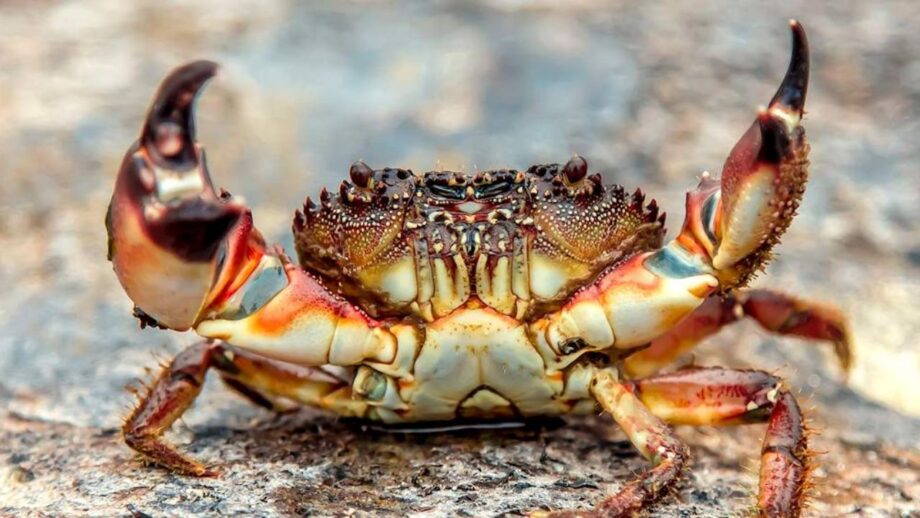Vietnamese horseshoe crabs with three spines known as sam bin G Công are well-liked in the Mekong Delta and close to Go Cong beach. The crabs are captured at this period because it doubles the harvest since the males adhere to females during their mating season, which lasts from November to March. The crabs are handled delicately after being caught and served as soon as possible. These crabs’ meat has a silky, fibrous texture and rich, savory-sweet flavors that are reminiscent of the ocean and its nutrients. They also have a slightly salty aftertaste.
Devon crab
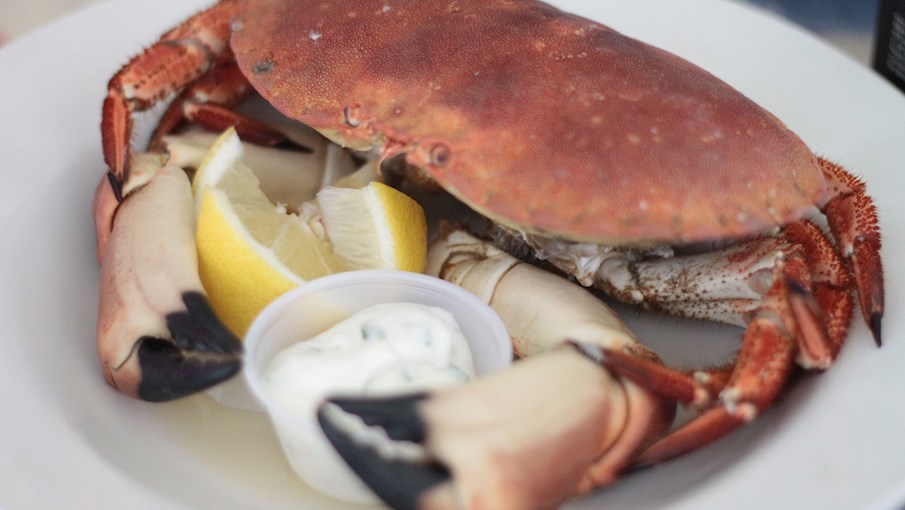
The crab species known as devon crab is caught sustainably off the coast of South Devon. The ecosystem of the sea is not harmed when the crabs are caught using pots that are strung together on the ocean floor. The meat of these crabs is low in fat and high in vitamins and minerals. Omega 3 acids, which aid in the development of the brain and in the prevention of heart disease, is also found in the flesh. The flavorful brown meat and sweet claw meat are frequently combined with mayonnaise and lemon juice before being spread on bread.
Dorset crabs
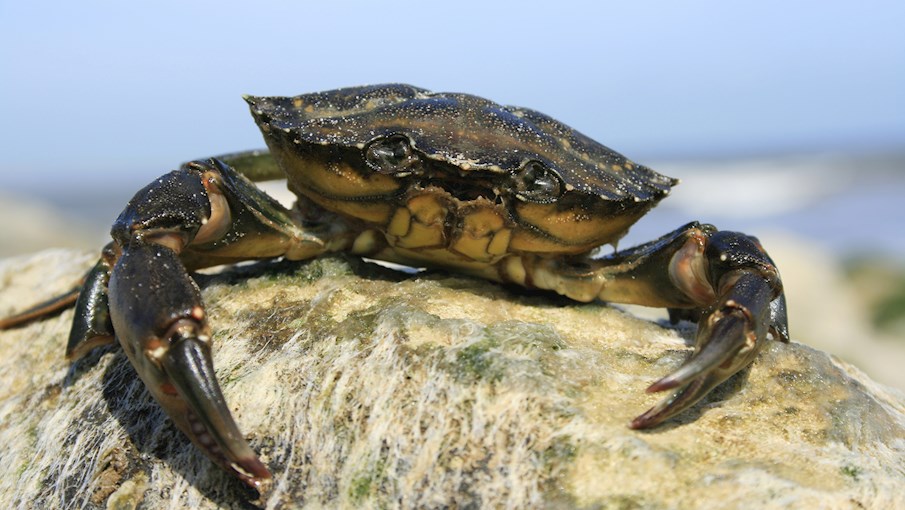
Live Dorset crabs are found in the waters off the coast of Portland in Dorset, England. These crabs acquire their ideal texture and flavor during the course of their lives in nutrient-rich aquatic environments. Seven tidal streams collide during the “race,” when the sea boils nearby and swirls the water, delivering food for the crabs that flourish in the untamed sea. These crabs are highly valued for their superior quality and flavor, to the point where they are frequently the crab of choice for upscale restaurants in Europe and the UK. The meat of Dorset crabs is used to make traditional crab cakes, soups, salads, and sandwiches. Dorset crabs are frequently cooked whole in salted water.
Sri Lankan crab
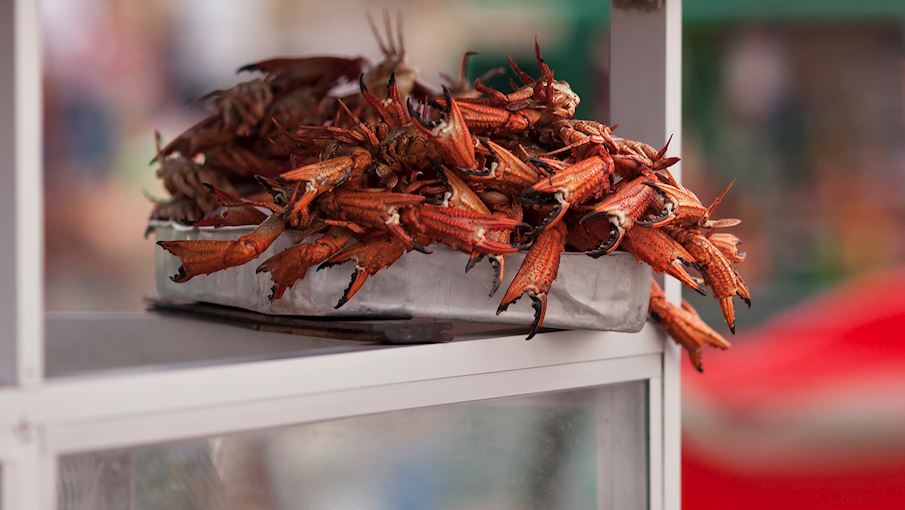
Edible crab species are abundant throughout Sri Lanka’s coastline in shallow seawaters and lagoons, and they have always been a staple of the nation’s traditional food. The mud crab (Scylla Serrata), blue swimming crab (Portunus pelagicus, sometimes known as P. armatus), and red-spotted swimming crab are three of the most popular edible crab species (Portunus sanguinolentus). A big crustacean with a dark green to bluish-green tint, the mud crab is also known as the giant mud crab, lagoon crab, mangrove crab, or Sri Lankan crab. It is a highly prized delicacy in both domestic and international markets. It is buried deep in soft, muddy bottoms among mangroves.
Centolla Chilena
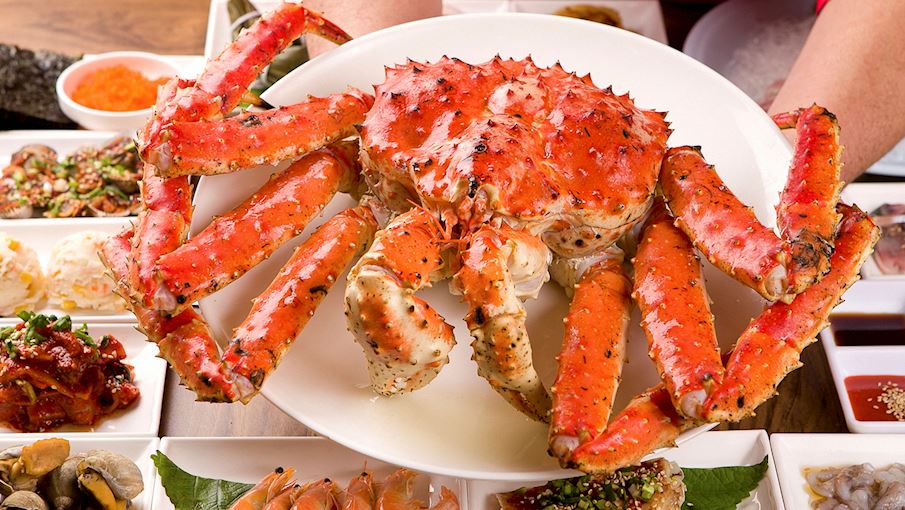
The southern king crab, also known as Lithodes Santella, is a species of king crab that is indigenous to the coasts of Chile, Argentina, and Peru. Although some fishermen have discovered them in 600-meter-deep waters, they may normally be found in areas up to 150 meters deep. The legs are cooked during the fishing process and then quickly frozen to maintain freshness. Therefore, reheating the legs in a steamer, oven, or even microwave will suffice to make them ready for consumption. They can then be swallowed on their own or with a savory sauce.
Centolla fueguina
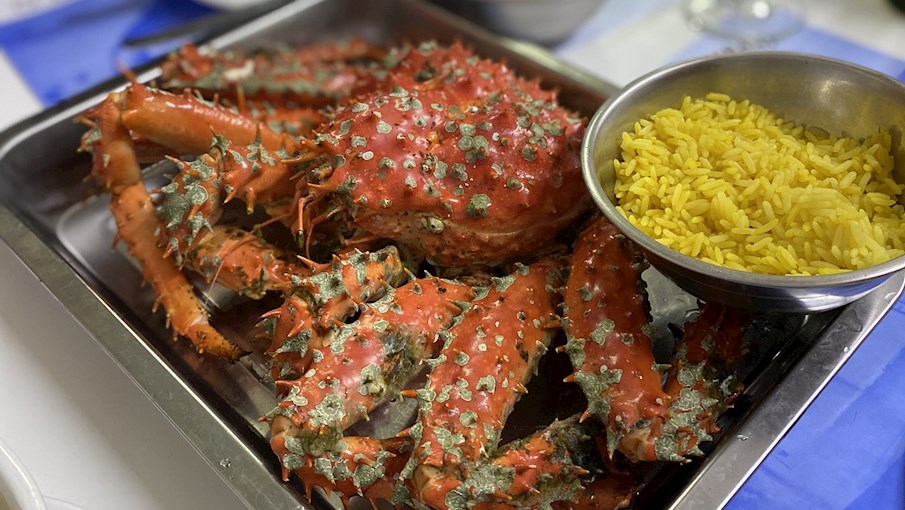
Centolla Fuegian, often known as spider crab or king crab and caught directly from the Beagle Channel in southern Argentina, is a crustacean of the Lithodes Santella crab family with an excellent flavor. One of the best crab meats in the world is thought to be found in the long legs and red, spiky shell of the crab. It has a sweet, delicate flavor. Centolla Fuegian, a culinary delicacy that is served in restaurants throughout the region, is unquestionably one of the most well-known regional specialties of the province of Tierra del Fuego. The crab must be quickly processed or frozen after being taken out of the chilly water since its meat is extremely delicate and prone to spoilage.
Keep reading IWMBuzz.com

